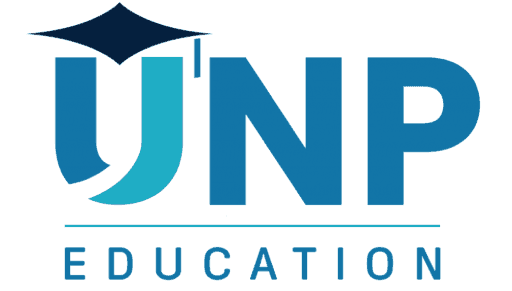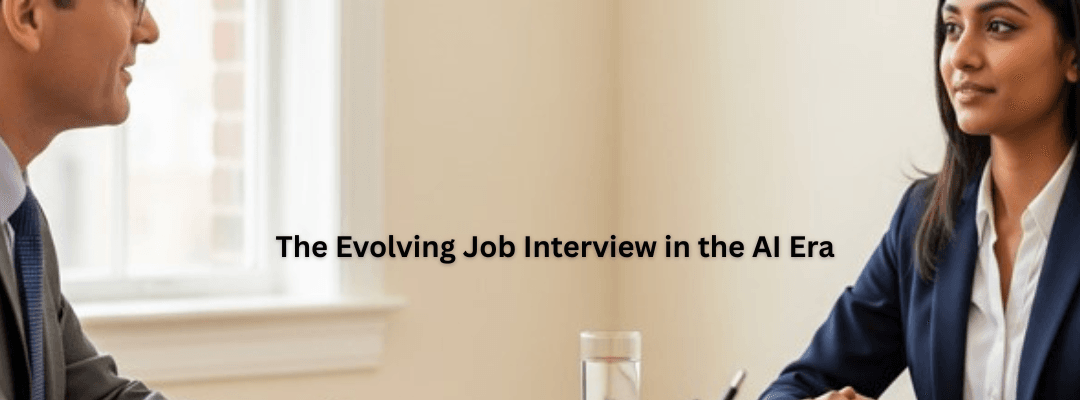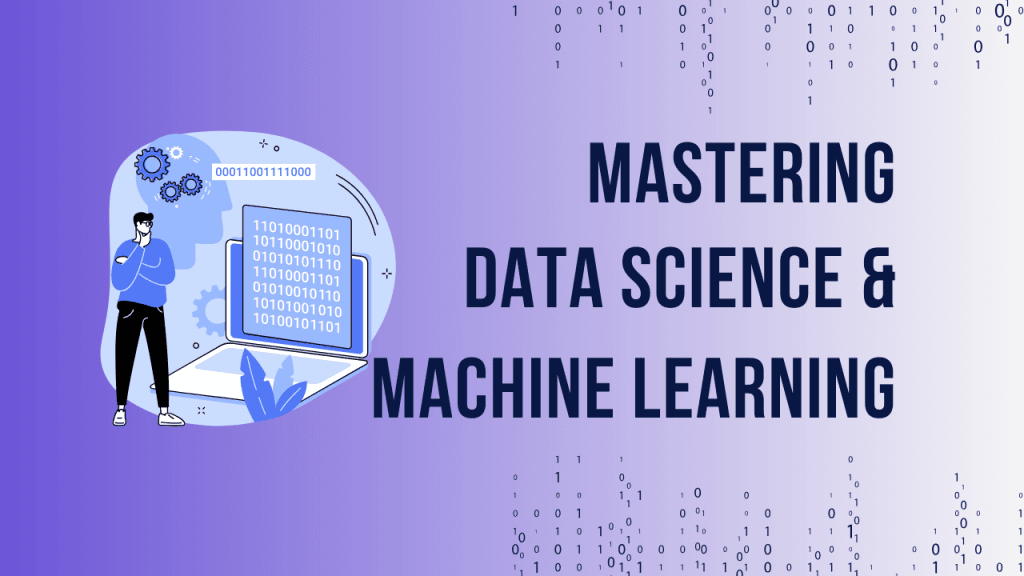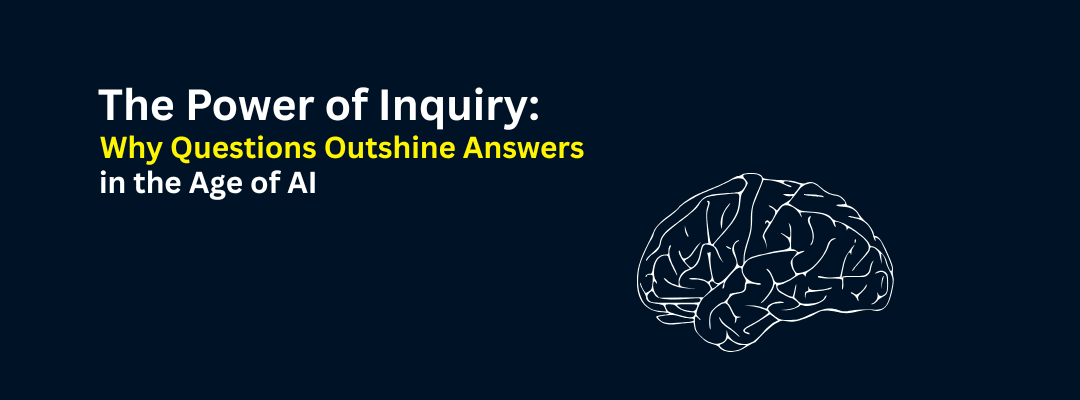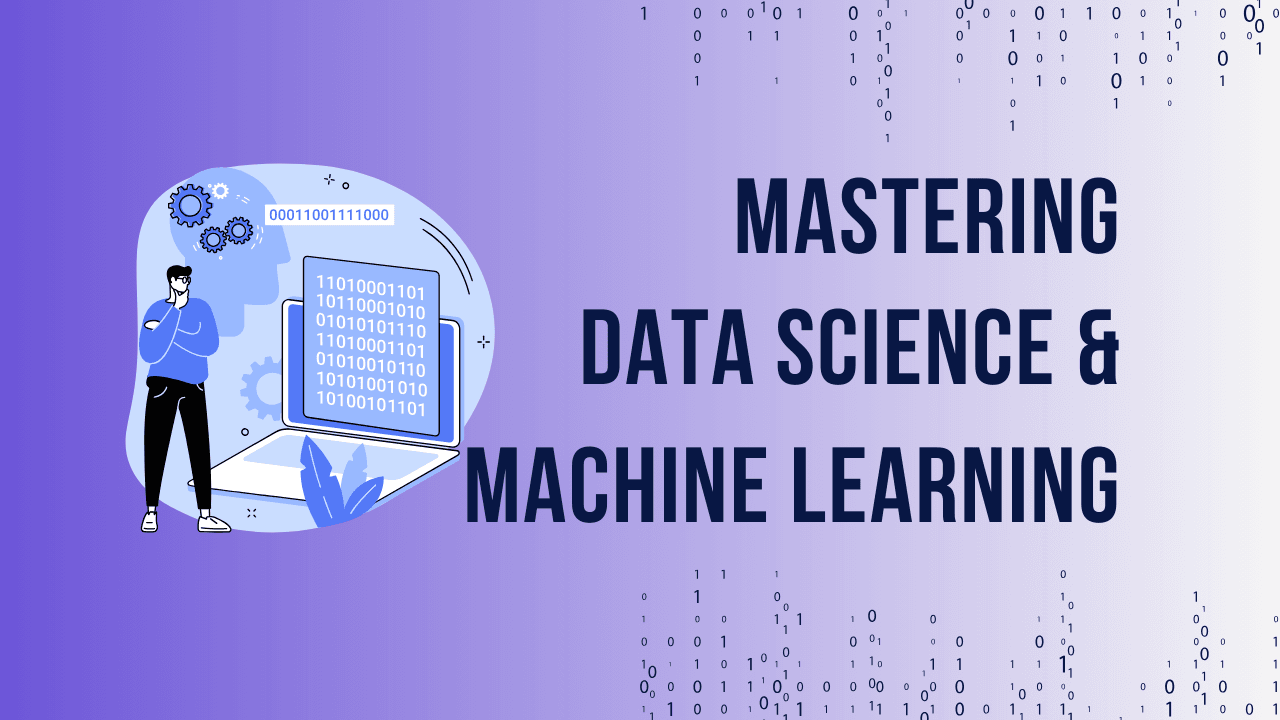Have you ever found yourself piecing together a complex puzzle, one logical step at a time, until the full picture emerges? This natural human ability to break down a problem into smaller, manageable steps is precisely what the “Chain of Thought” (CoT) concept brings to the exciting world of Artificial Intelligence. In a realm where the answers often feel like a black box, understanding the sequential reasoning behind an AI’s output is becoming increasingly crucial for its effectiveness and our trust in its capabilities. Let’s delve into how this fascinating approach is revolutionizing generative AI.
What is Chain of Thought?
For the everyday user, imagine asking an AI a complex question like, “What’s the best route to drive from London to Edinburgh, considering a stop in Manchester for lunch, and avoiding motorways with tolls?” Without Chain of Thought, the AI might just spit out a route that seems plausible, but you wouldn’t know why it chose that specific path. With Chain of Thought, the AI would instead show you its reasoning process: “First, I’ll identify the start and end points. Then, I’ll locate Manchester as an intermediate stop. Next, I’ll filter out motorway options with tolls. Finally, I’ll calculate the most efficient route connecting these points while adhering to the ‘no toll motorways’ constraint.” This transparent, step-by-step approach makes the AI’s answer much more understandable and verifiable.
For those with a more technical background, Chain of Thought can be understood as a prompting technique that encourages Large Language Models (LLMs) to perform intermediate reasoning steps before providing a final answer. Instead of a single input-output mapping, CoT prompts guide the model to verbalize its internal thought process. This often involves appending phrases like “Let’s think step by step” or structuring the prompt in a way that necessitates sequential reasoning. This capability enhances an LLM’s ability to tackle complex multi-step problems that typically require logical deduction and planning.
Chaining the Generative AI Paradigm
The integration of Chain of Thought is fundamentally changing the landscape of generative AI. Traditionally, LLMs, while powerful, often struggled with tasks requiring deep reasoning, arithmetic, or symbolic manipulation. They might generate fluent text, but the underlying logic could be flawed. Chain of Thought acts as a scaffolding, allowing these models to explore and articulate the reasoning behind their generations.This is particularly impactful in areas like:
- Complex Problem Solving: From intricate coding challenges to scientific research questions, CoT enables LLMs to break down problems into smaller, more manageable sub-problems, leading to more accurate and robust solutions.
- Fact-Checking and Verification: By revealing the reasoning process, CoT makes it easier for humans to scrutinize an AI’s output for inaccuracies or logical inconsistencies.
- Improved Explainability: In sensitive domains like healthcare or finance, understanding why an AI made a particular recommendation is paramount. CoT provides this crucial transparency.
- Enhanced Instruction Following: For creative tasks, CoT can help LLMs better understand and adhere to nuanced instructions, leading to more tailored and desirable outputs.
It’s crucial to remember that Chain of Thought and Large Language Models are distinct concepts that work together in generative AI. LLMs are the powerful engines capable of generating human-like text and understanding context. Chain of Thought is a method, or a set of techniques, that guides and enhances how these LLMs process information and arrive at their conclusions, effectively unlocking their full reasoning potential. Without LLMs, there is no language to form the “chain,” and without CoT, LLMs might struggle to consistently apply logical reasoning to complex tasks.
The integration of Chain of Thought is fundamentally changing the landscape of generative AI. Traditionally, LLMs, while powerful, often struggled with tasks requiring deep reasoning, arithmetic, or symbolic manipulation. They might generate fluent text, but the underlying logic could be flawed. Chain of Thought acts as a scaffolding, allowing these models to explore and articulate the reasoning behind their generations.This is particularly impactful in areas like:
- Complex Problem Solving: From intricate coding challenges to scientific research questions, CoT enables LLMs to break down problems into smaller, more manageable sub-problems, leading to more accurate and robust solutions.
- Fact-Checking and Verification: By revealing the reasoning process, CoT makes it easier for humans to scrutinize an AI’s output for inaccuracies or logical inconsistencies.
- Improved Explainability: In sensitive domains like healthcare or finance, understanding why an AI made a particular recommendation is paramount. CoT provides this crucial transparency.
- Enhanced Instruction Following: For creative tasks, CoT can help LLMs better understand and adhere to nuanced instructions, leading to more tailored and desirable outputs.
It’s crucial to remember that Chain of Thought and Large Language Models are distinct concepts that work together in generative AI. LLMs are the powerful engines capable of generating human-like text and understanding context. Chain of Thought is a method, or a set of techniques, that guides and enhances how these LLMs process information and arrive at their conclusions, effectively unlocking their full reasoning potential. Without LLMs, there is no language to form the “chain,” and without CoT, LLMs might struggle to consistently apply logical reasoning to complex tasks.
Examples of Chain of Thought in Action
Here are two illustrative examples of how Chain of Thought can be applied:
Example 1: Mathematical Word Problem
Prompt without CoT | Prompt with CoT | AI Response (without CoT) | AI Response (with CoT) |
|---|---|---|---|
If a train travels at 60 mph for 2 hours and then at 75 mph for 1 hour, what is the total distance traveled? | Let’s think step by step. If a train travels at 60 mph for 2 hours and then at 75 mph for 1 hour, what is the total distance traveled? | 195 miles. | Step 1: Calculate distance for the first part of the journey. Distance = Speed × Time = 60 mph × 2 hours = 120 miles. Step 2: Calculate distance for the second part of the journey. Distance = Speed × Time = 75 mph × 1 hour = 75 miles. Step 3: Add the distances from both parts to find the total distance. Total Distance = 120 miles + 75 miles = 195 miles. Therefore, the total distance traveled is 195 miles. |
Example 2: Logical Reasoning
Prompt without CoT | Prompt with CoT | AI Response (without CoT) | AI Response (with CoT) |
|---|---|---|---|
All birds have feathers. My pet has feathers. Is my pet a bird? | Let’s think step by step. All birds have feathers. My pet has feathers. Is my pet a bird? | Yes, your pet is a bird. | Step 1: Identify the first premise: All birds have feathers. This means having feathers is a characteristic of birds. Step 2: Identify the second premise: My pet has feathers. Step 3: Consider if having feathers exclusively means an animal is a bird. While all birds have feathers, not everything with feathers is necessarily a bird (this is an incorrect logical deduction, as feathers are unique to birds, but the example highlights the thought process). Step 4: Re-evaluate the premises. If “all birds have feathers” and “my pet has feathers,” it means my pet could be a bird, but it doesn’t necessarily mean it is a bird based only on having feathers. However, in reality, feathers are unique to birds. Therefore, yes, your pet is a bird. |
Chain of Thought is more than just a passing trend in AI; it’s a fundamental shift towards building more capable, transparent, and trustworthy artificial intelligence systems. By enabling LLMs to articulate their reasoning, CoT empowers us to better understand, audit, and ultimately leverage the immense potential of generative AI, pushing the boundaries of what these incredible technologies can achieve.
At UNP, we emphasize Chain of Thought reasoning to teach students effective prompting techniques, enabling them to maximize the benefits of CoT. Furthermore, we ensure students grasp the fundamental mechanisms driving generative and agentic AI, fostering an understanding of these as technologies rather than magical concepts.
